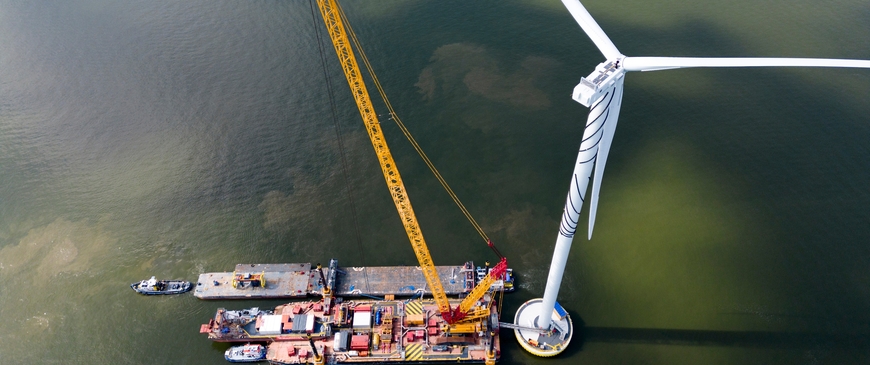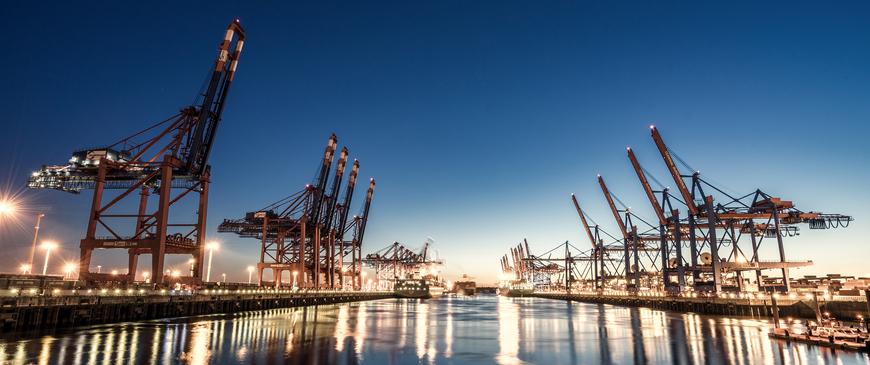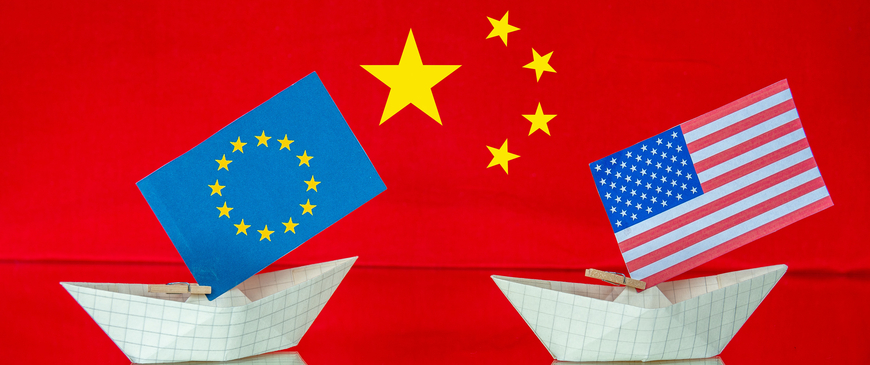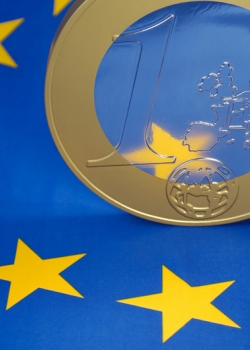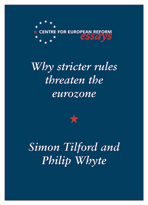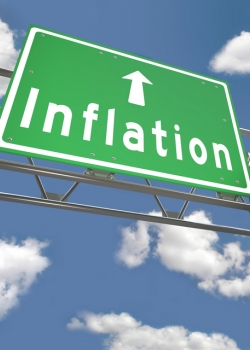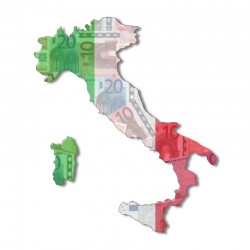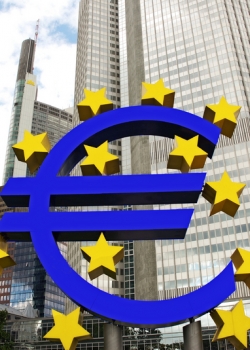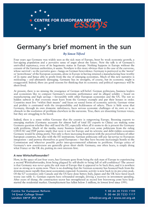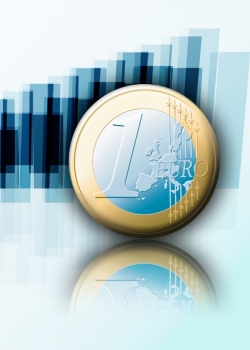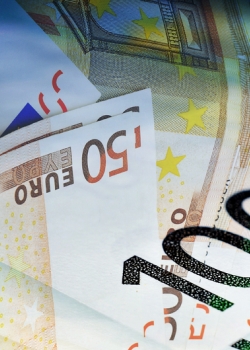Single market, competition & trade
The ECB must stand behind the euro
28 November 2011
The eurozone is now subject to a full-blown run on its bond market. Spanish and Italian borrowing costs are now higher than those of Greece, Ireland and Portugal when they were forced to seek bail-outs from the EU and IMF. The crisis has spread to Belgium and France, and even...
The eurozone and the US: A tale of two currency zones
21 November 2011
The US and the eurozone are very different monetary unions. These differences explain why financial markets are picking on the eurozone and not the US.
Why stricter rules threaten the eurozone
09 November 2011
To restore confidence in the eurozone, leaders must fix its institutional flaws and stretch some rules in the interim. Instead, they are doing the opposite.
Global trade imbalances threaten free trade
17 October 2011
The G20 needs a strategy to rebalance demand between the surplus and deficit economies if the world is to avoid a slide into protectionism.
Britain, the City and the EU: A triangle of suspicion
11 October 2011
Britain has abandoned 'light touch' regulation and signed up to greater supervisory powers at EU level. Yet the Channel looks as wide as ever.
Eurozone crisis: Higher inflation is part of the answer
03 October 2011
The ECB’s inflation target is too low for a currency union. It risks depressing economic growth and makes it hard for countries like Spain and Italy to regain competitiveness.
Sticking to the rules will not rescue the eurozone
28 September 2011
Most events have an official – or at any rate widely accepted – narrative. In much of Europe, the narrative of the eurozone crisis goes something like this: this is not a crisis of the eurozone, which has been a success.
Merkel's euro shackles
28 September 2011
Chancellor Angela Merkel’s apparent inability or unwillingness to take bold steps could sink the euro. Yet is it even realistic to expect her to overcome growing opposition from within her own coalition government, a hostile public mood and the red lines drawn by a powerful constitutional court? Merkel cannot...
The euro: Reaching the endgame?
19 September 2011
Eurozone policy-makers have dug in their feet, preferring to deepen the crisis than admit their mistakes. Unless reason trumps moral posturing soon, dissolution of the eurozone is inevitable.
Eurozone crisis: Can contagion to Italy be arrested?
05 August 2011
The eurozone's debt crisis has spread to Italy. It is becoming increasingly doubtful that much-needed domestic economic reforms will be sufficient to restore market confidence in the country.
Was the euro summit a game changer?
01 August 2011
The pattern is now familiar. After prolonged and very public bickering, European leaders convene in Brussels to try and restore flagging confidence in the eurozone.
Why the eurozone needs debt mutualisation
28 July 2011
The attempt to run a common monetary policy without a common treasury has failed. Debt mutualisation is necessary if the eurozone is to survive.
The new EU budget: A missed opportunity
11 July 2011
The Commission's proposals for the EU's 2014-2020 budgets are a missed opportunity, representing no substantial change. Spending on agriculture should be greatly reduced, that on cohesion re-focused and that on climate greatly increased.
Innovation: How Europe can take off
08 July 2011
Every EU government supports innovation, believing that it will help Europe to meet the numerous economic, social and environmental challenges that it faces.
Germany's brief moment in the sun
27 June 2011
Four years ago, Germany was widely seen as the sick man of Europe, beset by weak economic growth, a fast-ageing population and a pervasive sense of angst about the future.
Financial regulation: Britain the perennial outlier?
20 June 2011
Back in 2007, when the Labour government had abolished the business cycle and the City of London was booming, British policy-makers liked to vaunt the merits of ‘light touch’ regulation.
Eurozone debt crisis: To restructure or not?
01 June 2011
In March, European leaders agreed a 'grand bargain' that was designed to restore flagging confidence in the eurozone. The deal, they hoped, would return the most troubled countries – Greece, Ireland and Portugal – to debt sustainability and prevent catastrophic contagion to other, larger economies such as Italy and Spain.
Financial regulation: Will British euroscepticism collide with European populism?
21 May 2011
When EU finance ministers met in Brussels on 18 May, many observers expected sparks to fly. The reason? This was the first EU meeting that Britain’s newly-elected government would attend.
Debt restructuring will not end the euro crisis
09 May 2011
Even as the ink is still drying on Portugal’s EU/IMF ‘bail-out’ agreement, it is becoming clear that Greece’s 2010 bail-out has failed to improve the sustainability of its public finances.
The eurozone's grand bargain: Political pain without economic gain?
01 April 2011
Ever since the eurozone crisis broke out in late 2009, European leaders have sought to reconcile two mutually incompatible objectives: the need to restore market confidence in the zone's indebted periphery; and the unbending refusal of creditor countries in the core to turn the zone into a 'transfer union'.

